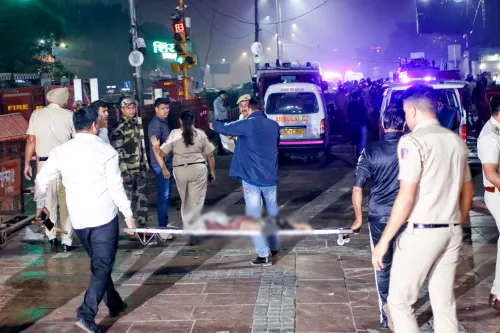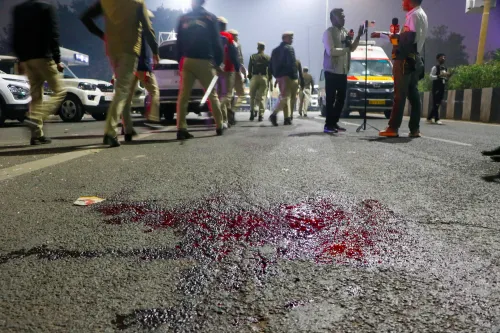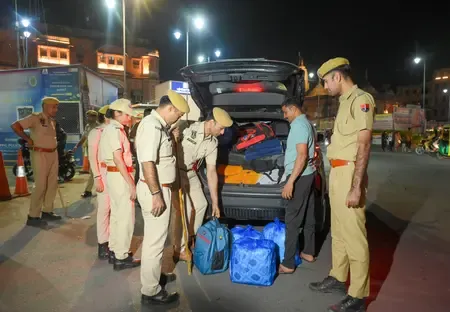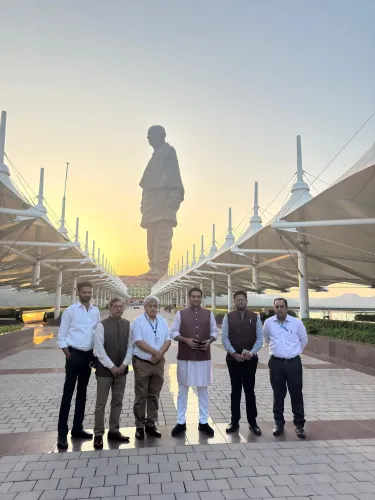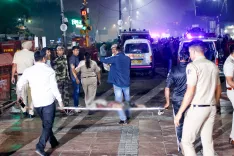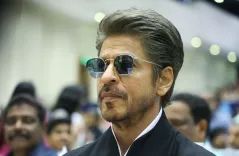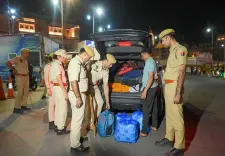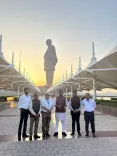Is the Delhi Government Defying the Supreme Court's Noise Regulations?
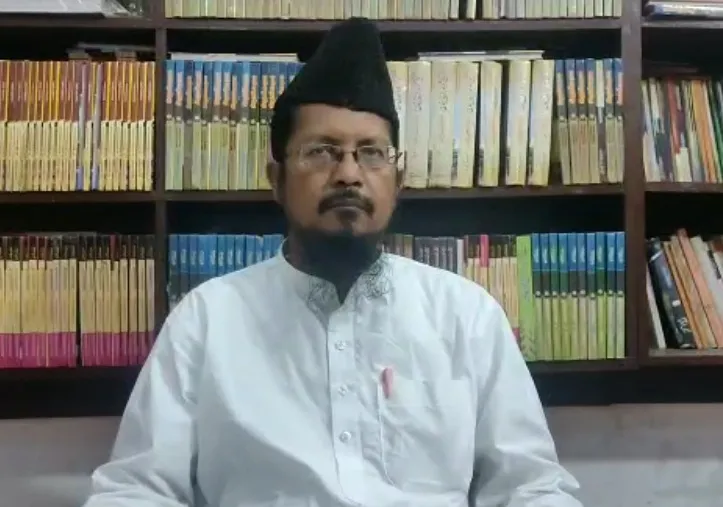
Synopsis
Key Takeaways
- Shahabuddin Razvi criticizes the order for allowing loudspeakers until midnight.
- The decision is seen as contradictory to Supreme Court guidelines.
- CM Gupta defends the ruling citing fairness for Hindu celebrations.
- Concerns over perceived bias against Muslim festivals are raised.
- Debate highlights the need for equitable festival regulations.
New Delhi, Sep 23 (NationPress) The Muslim cleric Shahabuddin Razvi has publicly condemned the decision by Delhi Chief Minister Rekha Gupta to allow loudspeakers and public address systems to operate until midnight during the celebrations of Ramlila, Durga Puja, and Dussehra. He argues that this decision is in direct violation of the Supreme Court's noise restrictions.
The recent relaxation, approved on Monday, is set to be in effect from September 22 to October 3, following a proposal from the Delhi government that received clearance from Lt Governor V.K. Saxena.
In defense of the decision, CM Gupta stated, "Hindu festivals have faced challenges as Ramleela and Durga Puja cannot finish by 10 P.M. If Dandiya can continue all night in Gujarat, then why should the people of Delhi be restricted? Hence, we have allowed the use of loudspeakers until midnight."
Contrarily, Razvi has voiced strong dissent, labeling the order as discriminatory.
He suggested that such leniency would never be extended to Muslim festivals, pointing to a perceived bias from the Chief Minister.
In an interview with IANS, Razvi remarked, "For the first time in 27 years, the BJP has returned to power in Delhi. Rekha Gupta has enacted a series of new regulations. However, this particular edict specifies details about Durga Puja, including the schedule and increased loudspeaker volume. This is in clear contradiction to the Supreme Court's ruling, which mandated music to be played at a minimal volume, yet Gupta's administration is reversing that directive."
He further accused the government of exhibiting double standards, stating, "During Muslim festivals like Rabiul Awwal or Muharram, there are numerous imposed restrictions. This decision seems to reflect CM Gupta's partial stance."
Razvi also addressed the government's earlier decision to close non-vegetarian shops during Navratri, suggesting that while restrictions near temples might be warranted, extending them across the city is unnecessary.
"Shopkeepers near temples should voluntarily close their shops. However, in other city areas or places distant from temples, where no one's faith is compromised, there is no reason to enforce such closures," he concluded.

